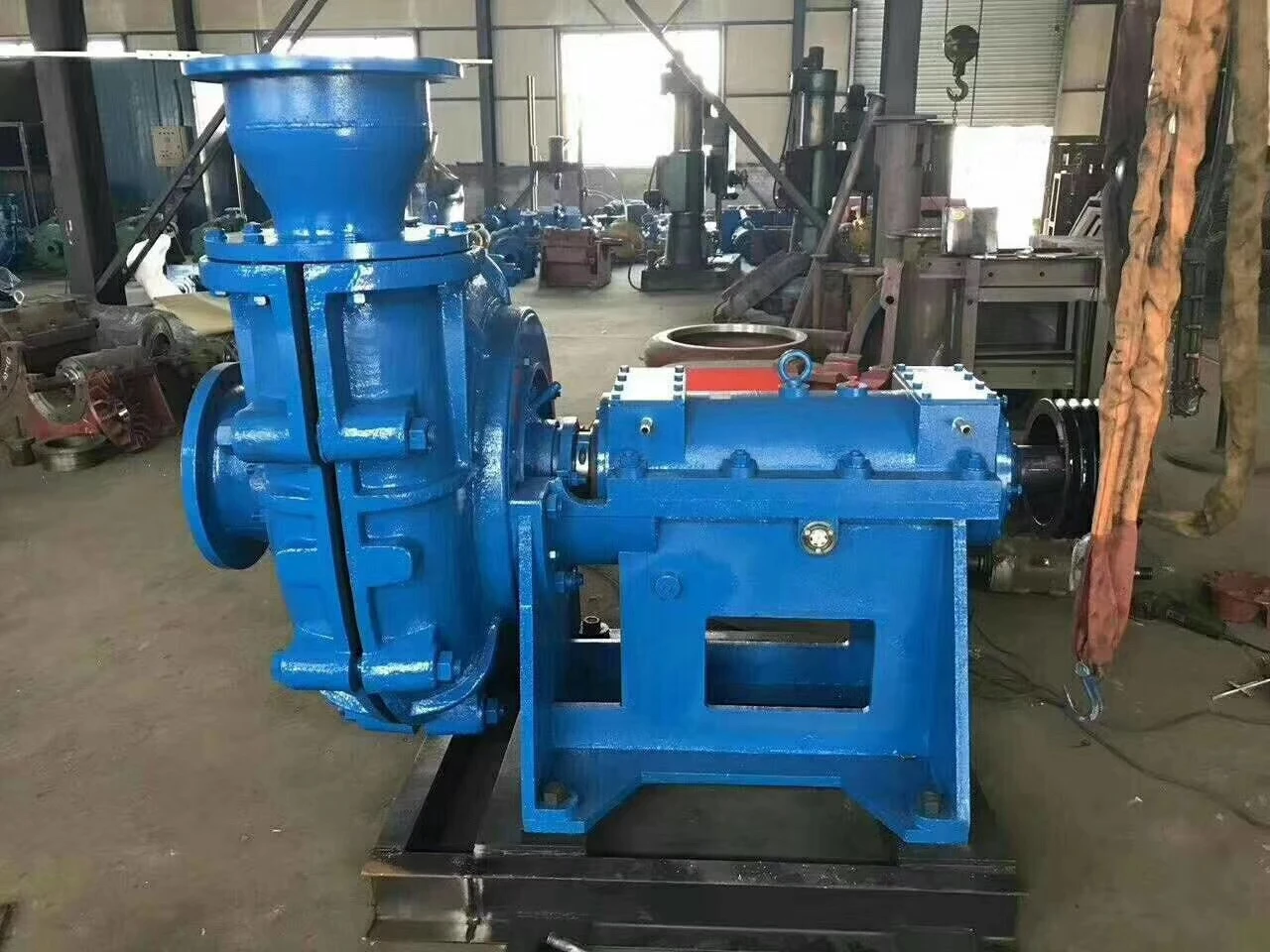English
- Afrikaans
- Albanian
- Amharic
- Arabic
- Armenian
- Azerbaijani
- Basque
- Belarusian
- Bengali
- Bosnian
- Bulgarian
- Catalan
- Cebuano
- Corsican
- Croatian
- Czech
- Danish
- Dutch
- English
- Esperanto
- Estonian
- Finnish
- French
- Frisian
- Galician
- Georgian
- German
- Greek
- Gujarati
- Haitian Creole
- hausa
- hawaiian
- Hebrew
- Hindi
- Miao
- Hungarian
- Icelandic
- igbo
- Indonesian
- irish
- Italian
- Japanese
- Javanese
- Kannada
- kazakh
- Khmer
- Rwandese
- Korean
- Kurdish
- Kyrgyz
- Lao
- Latin
- Latvian
- Lithuanian
- Luxembourgish
- Macedonian
- Malgashi
- Malay
- Malayalam
- Maltese
- Maori
- Marathi
- Mongolian
- Myanmar
- Nepali
- Norwegian
- Norwegian
- Occitan
- Pashto
- Persian
- Polish
- Portuguese
- Punjabi
- Romanian
- Russian
- Samoan
- Scottish Gaelic
- Serbian
- Sesotho
- Shona
- Sindhi
- Sinhala
- Slovak
- Slovenian
- Somali
- Spanish
- Sundanese
- Swahili
- Swedish
- Tagalog
- Tajik
- Tamil
- Tatar
- Telugu
- Thai
- Turkish
- Turkmen
- Ukrainian
- Urdu
- Uighur
- Uzbek
- Vietnamese
- Welsh
- Bantu
- Yiddish
- Yoruba
- Zulu
Telephone: +86 13120555503
Email: frank@cypump.com
Dec . 10, 2024 07:40 Back to list
clean submersible water pump
The Importance of Clean Submersible Water Pumps in Modern Water Management
In the realm of water management, submersible water pumps play a pivotal role, particularly in applications where the extraction of groundwater is essential. These pumps, designed to operate while submerged in water, are utilized in various sectors including agriculture, construction, and environmental management. One of the most significant aspects of submersible pumps is the necessity for cleanliness—clean submersible water pumps are instrumental in ensuring that the water obtained for various uses is safe and free from contaminants.
Understanding Submersible Water Pumps
Submersible water pumps are engineered to function underwater, making them particularly effective for drawing water from deep wells and boreholes. These pumps are encased in sturdy housings to withstand the pressure of being submerged and are equipped with a sealed motor to prevent water ingress. The operation of submersible pumps involves the conversion of electrical energy into hydraulic energy, allowing for the movement of water through a series of impellers.
The Significance of Clean Water
Water quality is of utmost importance in any application where water is utilized—be it for irrigation, drinking, or industrial processes. Contaminated water can lead to serious health risks, significant economic losses, and environmental degradation. Therefore, the maintenance and operation of clean submersible water pumps are essential. These pumps must be free from rust, debris, and any biological contaminants that could compromise water quality.
Applications of Clean Submersible Water Pumps
1. Agriculture In agriculture, clean water is fundamental for crop irrigation and livestock hydration. Dirty water can introduce pathogens into the soil or directly into the food supply, potentially leading to disease outbreaks. Utilizing clean submersible water pumps ensures that farmers can sustainably manage their water resources while maintaining the health of their crops and animals.
2. Construction During construction projects, particularly in areas that require dewatering, clean submersible pumps are used to remove excess water from sites. This is crucial for maintaining workability and safety on job sites. If contaminated water is pumped away, it can lead to soil degradation or pollution of local water bodies.
clean submersible water pump

3. Environmental Protection In environmental management, submersible pumps are often used in wetland restoration and water table management. Clean water extraction is vital to ensure the health of local ecosystems. Polluted water can disrupt the balance of delicate environments and lead to biodiversity loss.
Maintaining Cleanliness in Submersible Pumps
To ensure that submersible pumps deliver clean water, several maintenance practices can be implemented
- Regular Inspection Pumps should be regularly checked for signs of wear and tear. Any damage to the pump casing or seals can allow contaminants to enter the system.
- Proper Installation Ensuring that the pump is properly installed in a clean environment minimizes the risk of external contaminations.
- Filtration Systems Integrating filtration systems can further enhance water quality by trapping particulates and microbial contaminants before the water reaches the pump.
- Routine Cleaning Regular cleaning of the pump and its components is crucial. This can help in preventing any buildup of minerals or biofilm that can lead to contamination.
Conclusion
In conclusion, clean submersible water pumps are vital for the effective management of water resources across various industries. By ensuring that these pumps are maintained and operated properly, we can significantly improve water quality, protect public health, and sustain environmental ecosystems. As we face increasing demands for clean water due to population growth and climate change, the importance of clean submersible water pumps will only continue to rise. Investing in this technology and its upkeep is not just a necessity but a responsibility we bear towards future generations.
-
Heavy-Duty Mining Sludge Pumps - Wear-Resistant Slurry Handling
NewsAug.02,2025
-
Horizontal Split Case Pump with GPT-4 Turbo | High Efficiency
NewsAug.01,2025
-
ISG Series Pipeline Pump - Chi Yuan Pumps | High Efficiency, Durable Design
NewsAug.01,2025
-
Advanced Flue Gas Desulfurization Pump with GPT-4 Turbo | Durable & Efficient
NewsJul.31,2025
-
ISG Series Vertical Pipeline Pump - Chi Yuan Pumps | Advanced Hydraulic Design&Durable Construction
NewsJul.31,2025
-
ISG Series Vertical Pipeline Pump - Chi Yuan Pumps | Energy Efficient & Low Noise
NewsJul.31,2025










